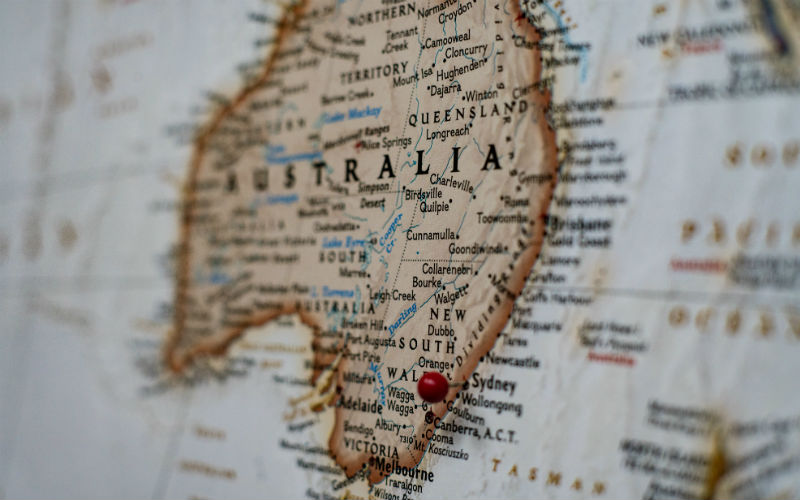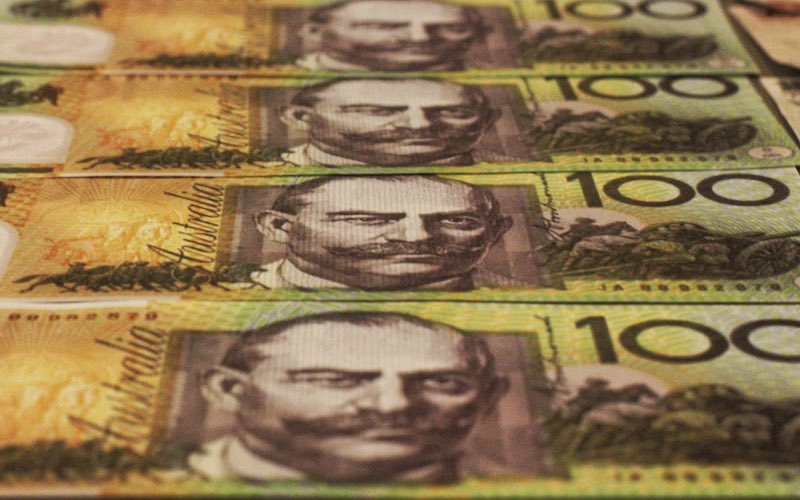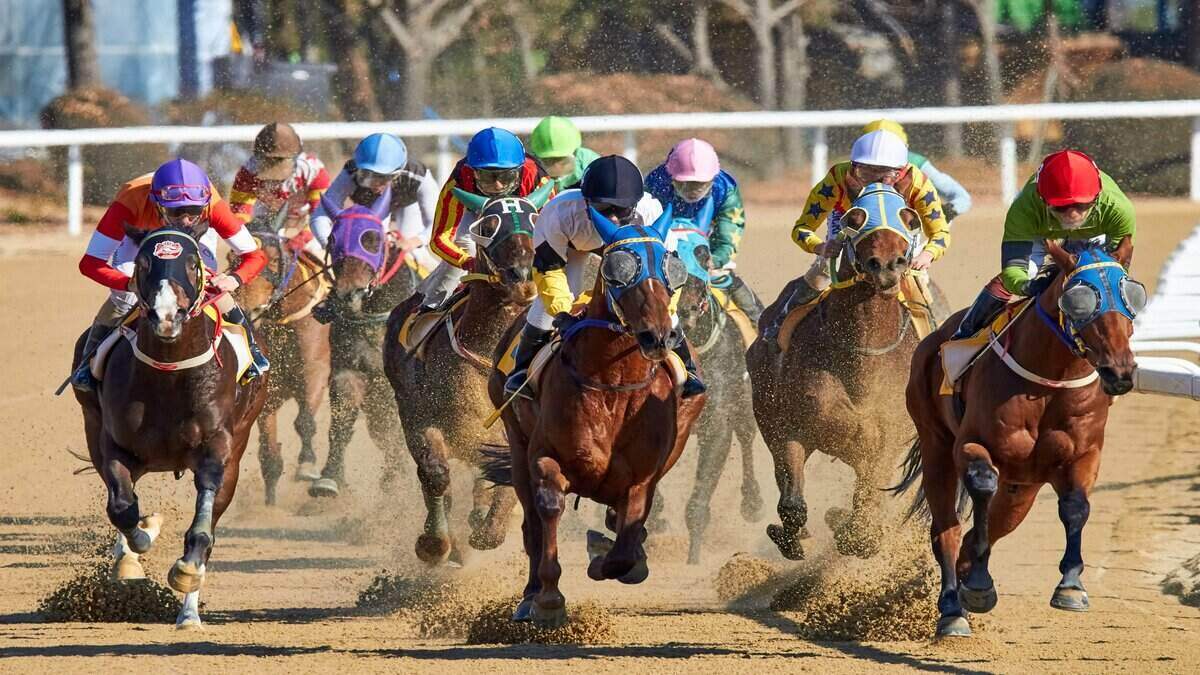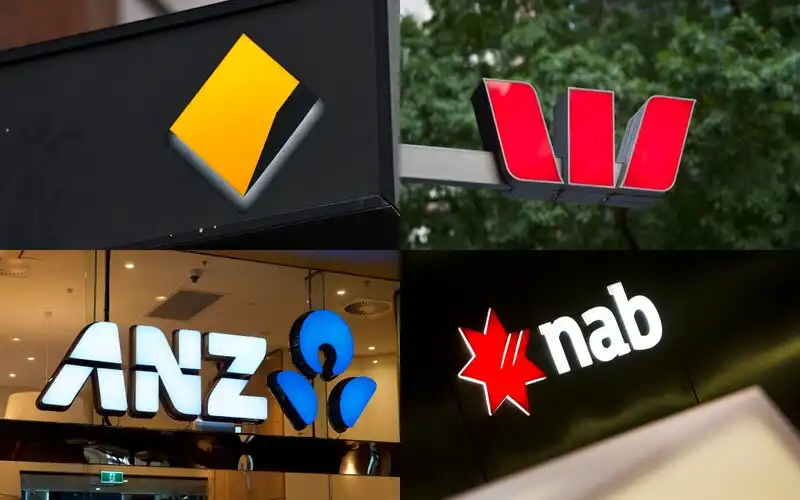The ABS Consumer Price Index (CPI) inflation figures released Wednesday revealed a lift of 1.8% in the September quarter, matching that of last quarter.
The 1.8% quarterly increase exceeded the predictions of all four major banks.
Economists from CommBank and ANZ were expecting the annual inflation rate to hit 7.0% in these results, while NAB and Westpac had forecast 6.7% and 6.5% respectively.
Leading the charge for the increase across the September quarter was the impact of new dwellings (+3.7%), gas (+10.9%), and furniture (+6.6%).
ABS Head of Prices Statistics Michelle Marquardt said the last three quarterly inflation increases exceed any other quarterly results since the introduction of the Goods and Services Tax (GST) at the turn of the century.
"Labour shortages in the house construction industry, leading to rises in labour costs, contributed to the rise in new dwellings this quarter,” Ms Marquardt said.
“The continuation of material shortages added further price pressure. However, the rate of price growth in new dwellings eased relative to recent quarters, reflecting a softening in new demand and some easing in supply constraints.
"Annual gas price reviews across the states and territories saw higher wholesale gas prices passed on to consumers in the September quarter.”
In the 12 months to the September quarter, fruit and vegetables prices rose 16.2% and dairy products increased 12.1%.
Recent data from grocery price comparison app Frugl, revealed grocery inflation has risen to a record 9.49% annually, driven by price increases to dairy and eggs (9.05%) and bread and bakery (4.94%) sectors.
Annual trimmed inflation also increased to 6.1%, up from 4.9% in the June quarter, placing it well above the Reserve Bank's target band of 2-3%.
CBA Head of Australian Economics Gareth Aird anticipates inflation pressures to abate “relatively swiftly” from next year.
“The upshot is that Australia’s inflation problem is not getting worse,” Mr Aird said.
“But in the near term, the annual rate of inflation will push higher.
“We expect both headline and underlying inflation to fall quickly in 2023, to be back within the RBA’s 2-3% target band by quarter-four 2023.”
See Also: When do the experts expect inflation to peak?
RBA to increase cash rate once again next week
In order for inflation to return to the RBA’s 2-3% target range, economists at the big-four banks expect another 25 basis point increase to the cash rate.
With inflation red hot in Australia, Mr Aird predicts the RBA will respond by raising the cash rate again next week on Melbourne Cup day.
“Indeed the upcoming quarter-three 2022 CPI, due to print on 26 October, is expected to show that inflation pressures remained red hot over the September quarter,” he said.
“This means that monetary policy will be tightened again at the November Board meeting.
“We consider our forecasts for both headline and underlying inflation to be consistent with the RBA increasing the cash rate by 25 basis points at the November Board meeting.”
Westpac Chief Economist Bill Evans expects the RBA to continue hiking the cash rate by 25 basis points each month (excluding January) until March next year.
“We still expect that achieving a terminal rate of 3.60% will be sufficient to slow growth in the economy from 3.40% for 2022 to 1.0% in 2023,” Mr Evans said.
Image by Riccardo via Pexels

Ready, Set, Buy!
Learn everything you need to know about buying property – from choosing the right property and home loan, to the purchasing process, tips to save money and more!
With bonus Q&A sheet and Crossword!


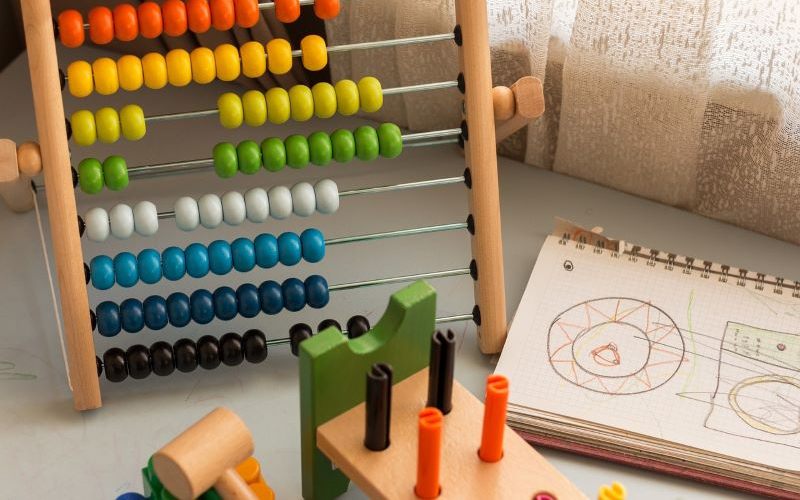
 Harrison Astbury
Harrison Astbury
 Rachel Horan
Rachel Horan